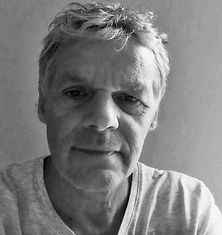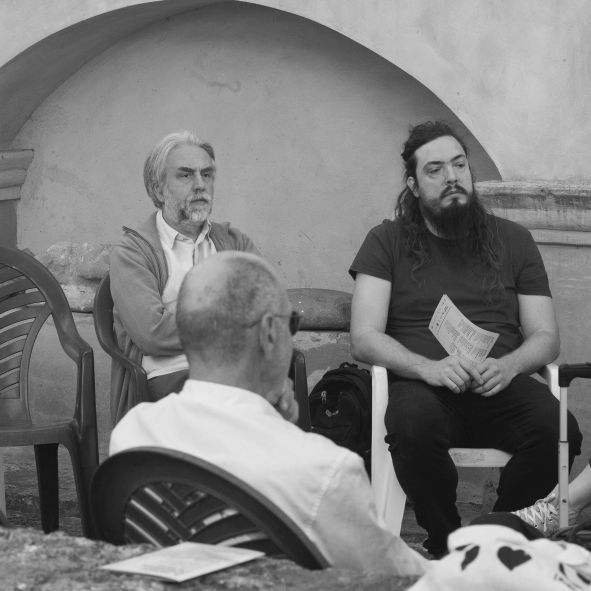
Stan Coenders

The original title went through changes after I came up with the theme – The Opposite of Evil - for this 3rd edition of the symposium. The original title - The Opposite of Evil - relates to a delicate dynamic balance between the two, as where 'Opposing Evil' is more about activity (campanilism opposes Evil) and 'Opposite of Evil' has to do more with a stance. To include in the guidelines for the participants that one should refrain from using Evil as a reference to describe the Opposite of Evil proved difficult for many. But giving up on this task comes at a price, while at the same time seemingly offering comfort. Those who didn’t give up reported an effect of becoming stronger, a sense of stronger vitality.
The title contains a contradiction for a reason. Not to use Evil as a reference directs all thinking towards the unknown, almost unfathomable – which is nevertheless so clearly expressed in nature where there is no separation between body, soul and spirit in the way humanity invented it.
We can say that each cell has an intelligence available for itself; that a group of cells has a group-intelligence; that for instance organs have an organ intelligence which is hierarchically speaking more important than the intelligence of a group of cells and this in turn is hierarchically speaking more important than a single cell intelligence. Whether that is phrased too simple or not, all these send signals to the brain. But who is that brain? If our thinking doesn't like the naturally normal signalling from Body and Soul … Isn't that where Philosophy starts, with … negotiation? Through the attribution of Meaning by created Word?
Excluding Body and Soul from its intimate connection with Spirit forces us to see our immune system merely as a part of body and soul. Therefore the body can only suffer and the soul can only be emotional. Emotions however have as much root in the body as physical discomfort has in the soul. With Spirit portrayed as a realm above the average human being it becomes possible to keep the Soul caught in emotional and the Body in physical distress while both Body and Soul seek frantically for the missing part. This separation has become trans generational. Reconnection with Spirit became an accepted eternal and self replicating promise. Are we lost slaves to a written word?
Because of this separation we came to see our Immune System only in relation to our body. The topic ‘Nasuprot Zlu – The Opposite of Evil’ relates directly to my most fascinating work field. In thousands of sessions to solve the strangest physical and also mental restrictions I learned quickly, although probably always a freshman, that Intuition and Immune system strongly rely on a very lively dynamic connection with Spirit.
Three questions:
Where are thoughts located?
Can we be fully aware of the consequences of internalized negotiations, even only on an individual level?
Is there an awareness at all that all this talking may point to a missing criterium?
Links:
Peter Fenwick - The art of Dying
... a great interview with Peter Fenwick about NearDeath Experiences
Roger Penrose - Consciousness
... a great interview with Roger Penrose about consciousness
Penrose and Hameroff about the quantum collaps in microglobulines in the brain ... Note the difference in respect for Life between the two ... and the possible consequences of that difference ...
Phenomenology, explanations from Bert Hellinger all the way back to Aristotle show the
misconception that science can explain consciousness about phenomenology. One can negotiate with one's own immune system about it.
Telepathy Tapes: Scientific areas to dismantle all chemical processes as a way to explain awareness, consciousness, are just a way to synthesize intelligence. One can negotiate with one's own immune system also about the effect of such an approach.


































































